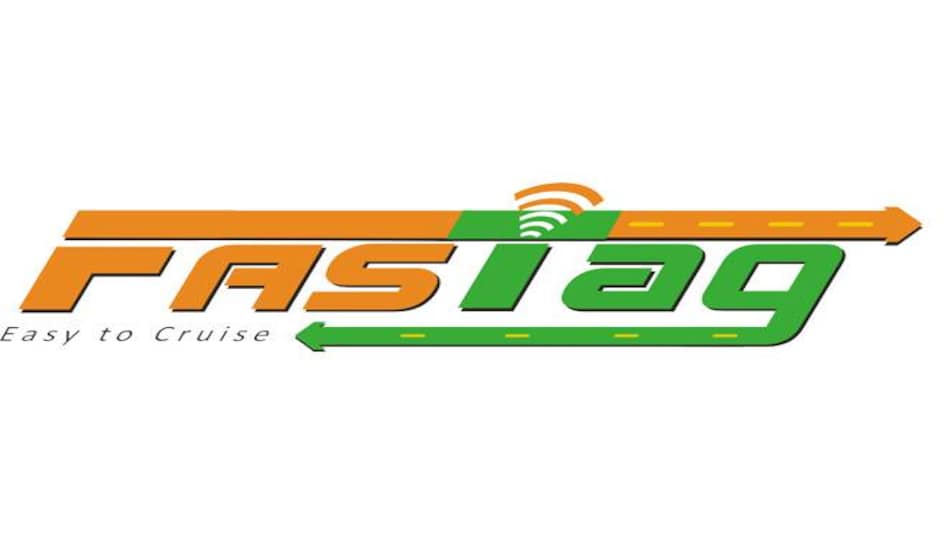The National Payments Corporation of India (NPCI) will introduce new FASTag rules to improve toll transactions and minimise fraud. These changes require users to maintain a sufficient balance ahead of time, as last-minute recharges might not resolve payment issues. The adjustments aim to enhance efficiency in toll payments across India.
Key Changes In FASTag Rules
A significant update involves blacklisted FASTags. If a FASTag is blacklisted at least 10 minutes before reaching a toll plaza, the transaction will be declined. Users with such tags may face double toll charges unless they recharge within 10 minutes of scanning, allowing them to request a penalty refund.
FASTag users are granted a 70-minute grace period to rectify their tag status before crossing a toll booth. This measure provides some flexibility for users to ensure their tags are active and not blacklisted, preventing unexpected charges or delays.
Transaction Delays & Chargebacks
If toll transactions occur more than 15 minutes after passing the reader, users might incur additional charges. Furthermore, banks can only initiate chargebacks for incorrect deductions related to blacklisted or low-balance FASTags after a 15-day cooling period.
To avoid complications with these new rules, users should ensure their FASTag wallet has enough balance and regularly check their tag’s status. Monitoring transaction times can help identify any deduction delays, while keeping track of the tag’s activity status can prevent rejections due to inactivity.
Understanding FASTag
FASTag is an electronic system that enables cashless toll payments across India using Radio Frequency Identification (RFID) technology. It automatically deducts fees from a linked bank or prepaid account as vehicles pass through designated lanes, streamlining the process for drivers.
The introduction of these new rules reflects an effort to make toll payments more efficient and secure. By adhering to these guidelines, users can avoid potential issues and enjoy smoother journeys on India’s roads.



